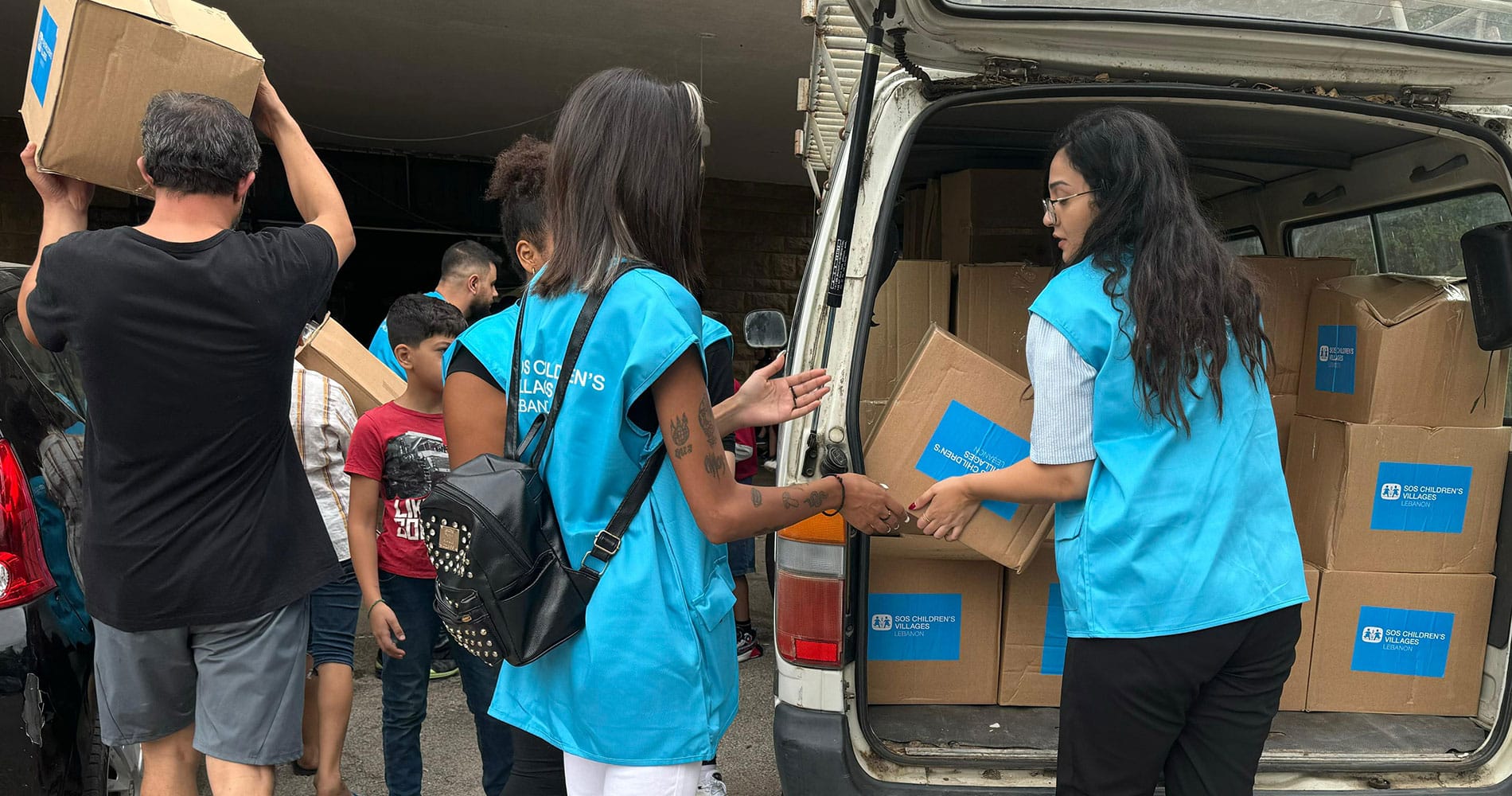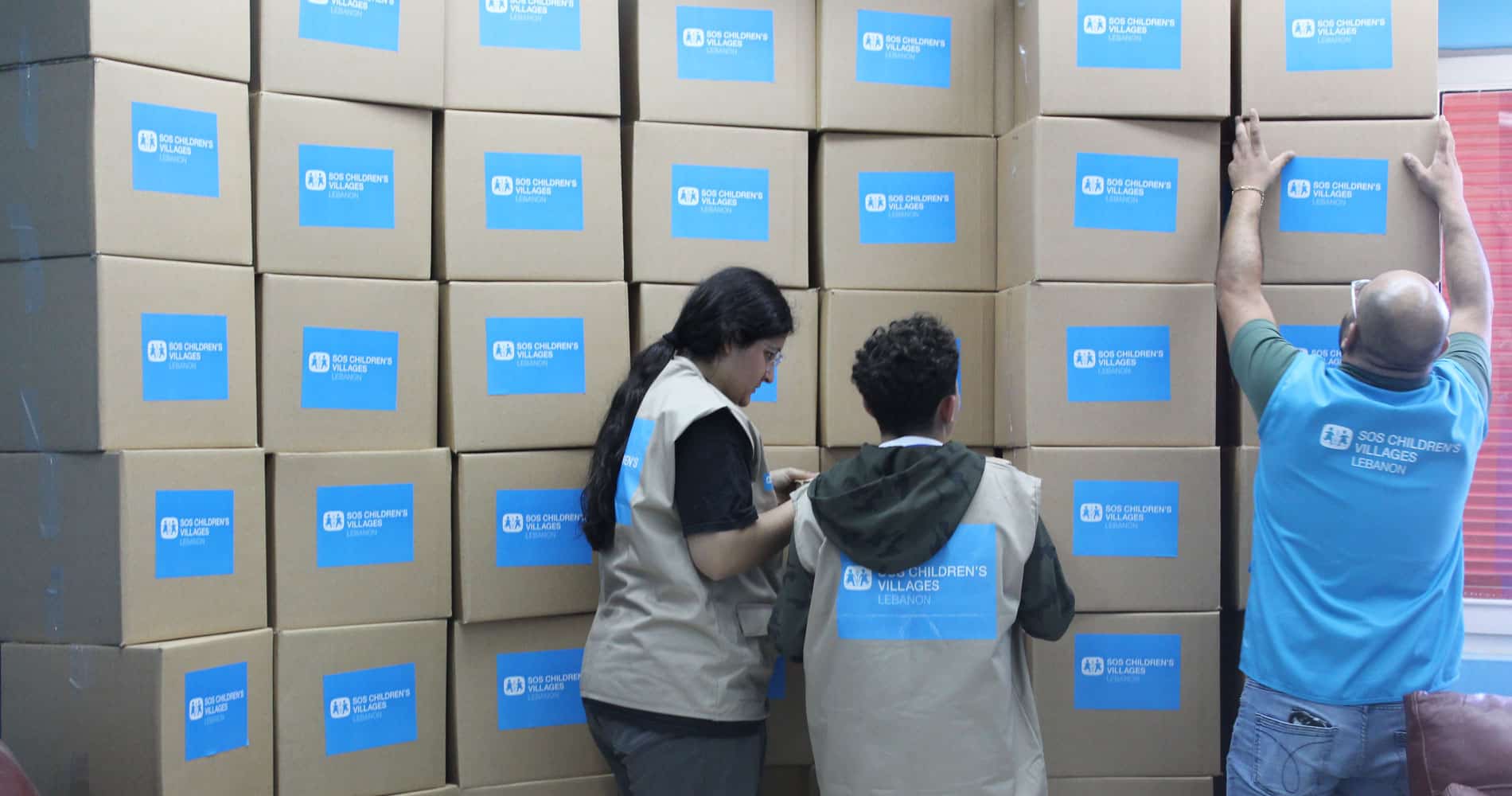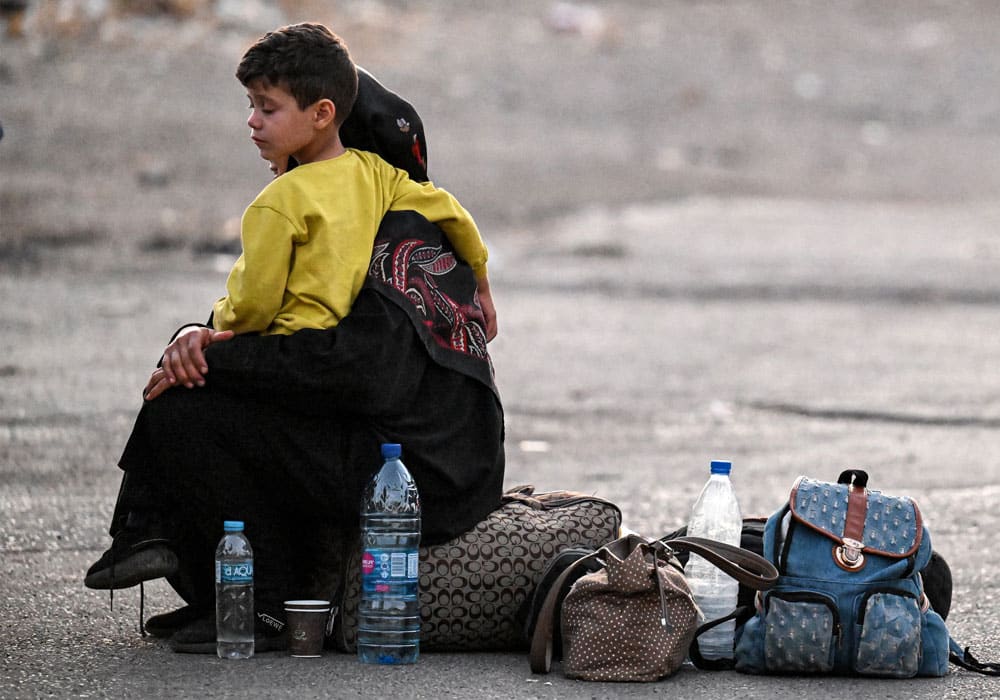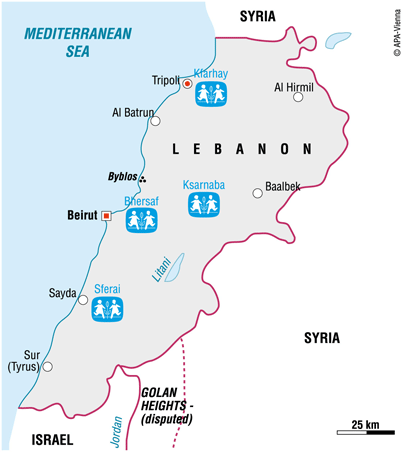
Vi er i Lebanon
A diverse nation in the Middle East
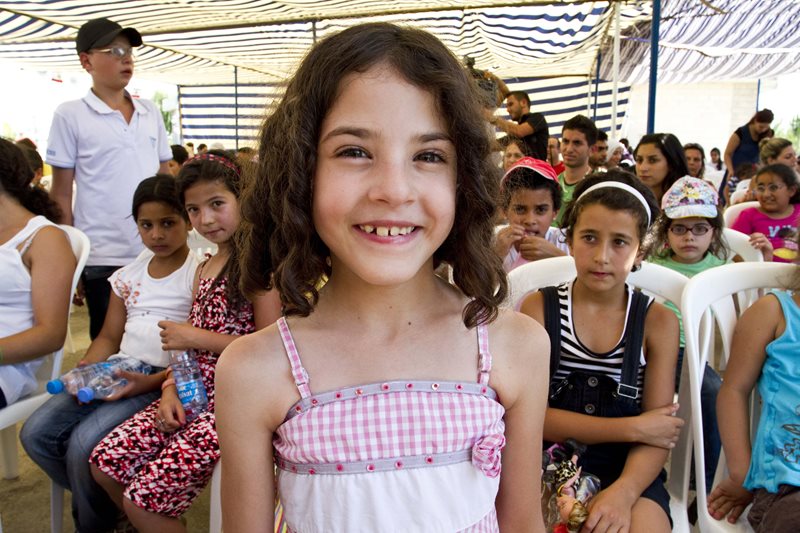
There are 6.2 million people living in Lebanon with the capital city of Beirut being home to 2.2 million.
The population is mixed and includes Shia Muslims, Sunni Muslims, Christians and Druze as the main population groups.
Due to its geographical location, Lebanon has often been affected by Middle Eastern conflicts. It has received several large waves of Palestinian refugees; an estimated 400,000 live in Lebanon. Most recently, around one million refugees have arrived from Syria.
A country recovering from years of conflict faces new challenges
Until the outbreak of civil war in 1975, Lebanon had one of the strongest and most developed economies in the region with an important banking and commercial sector and a growing industrial sector. The civil war and subsequent conflicts led to the destruction of many factories and companies and the collapse of foreign investment. After the fighting ceased in the early 1990s, the country lived through a period of stability, but was again badly affected by violence in 2006. A quarter of a million people were displaced, over one thousand people, mostly civilians, were killed, and infrastructure was damaged.
Since the Syrian war started in 2011, the Lebanese population has been living through increasingly difficult times; political tensions and security challenges have led to a fall in economic growth. There is also little investment in basic infrastructure, like electricity, transport and the provision of safe drinking water.
Nearly one million Syrian refugees are officially registered in Lebanon (UNHCR, April 2018). The country has the world's largest percentage of refugees. Most of these refugees end up living in urban areas. They squat in overcrowded conditions, often in the ruins of houses and have no access to toilets and clean water.
Children in Lebanon are in urgent need of protection
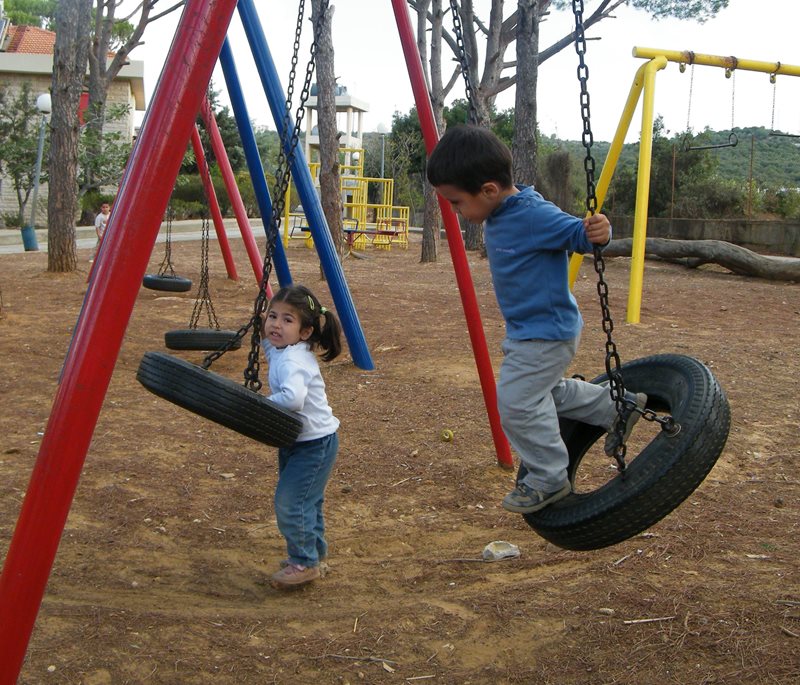
Children in Lebanon suffer many hardships. Most recently, children have been affected by the latest conflicts. Over the past decade, there has been an increase in reports of children being abused, and experts believe that many more go unreported.
Many children are exploited and forced to work. There is a high number of children living and working on the streets in cities and in rural areas. Children can be found delivering groceries, working in small workshops or collecting rubbish for recycling. Girls are often "sold" by their parents, to work in domestic services.
Around 400,000 children refugees have arrived from Syria; many have travelled without their family. About half of them do not go to school. In order to survive, they work on the streets: begging, selling small goods or collecting garbage.
SOS Children's Villages in Lebanon
SOS Children's Villages works in four permanent locations throughout the country. We also run emergency programmes to support refugees arriving from neighbouring Syria.
Family-strengthening programmes: We work with local agencies to assist families so that they can stay together; we provide psychological support, we ensure that the children can go to school and that they get medical help when needed.
Care in SOS families: When children can no longer stay with their biological families, they can be looked after by SOS families. Wherever possible, we work closely with the children’s family of origin, so that they can return to live with their families. Whenever this happens, we aim to support them during the period of change and adjustment.
Youth Programmes: We provide young people with support until they are able to live independently. Great attention is paid to ensure they receive the right kind of education and training so that they can get a job.
Emergency Programmes, Interim care centre for unaccompanied refugee children: In Khenshara we run a safe shelter where refugee children are cared for, receive educational support and take part in leisure activities. By 2018 we had looked after over 200 children.
Emergency Programme, Support to families: In areas with high numbers of refugees, and where resources are scarce, we provide support to refugee families and host communities. s. In addition to distributing basic goods such as food and hygiene kits, we provide psychological support and day-care for young children. We ensure that older children can attend school. We also train women and young people so that they can make a living.
Website of SOS Children's Villages Lebanon
(available in English)
